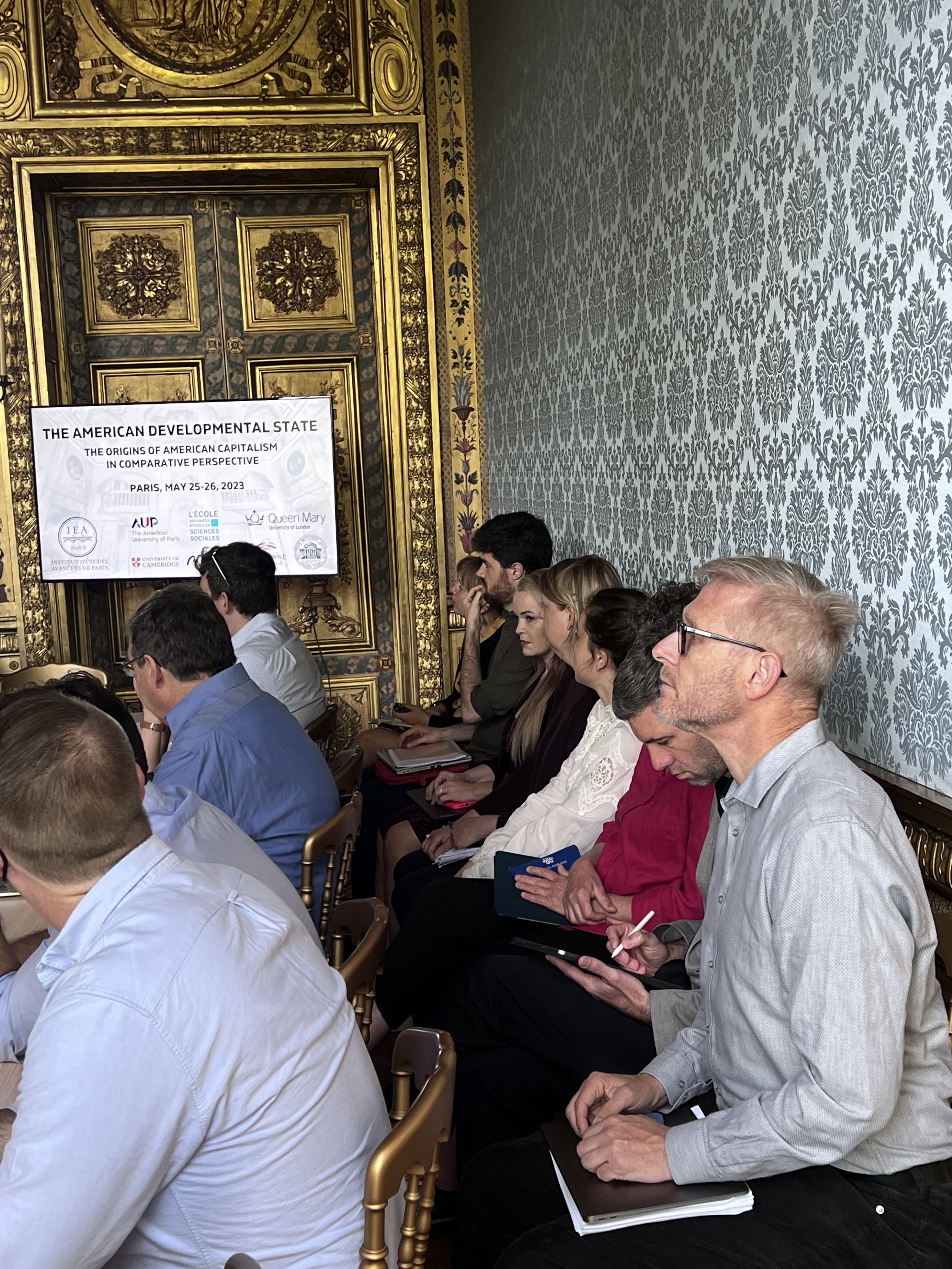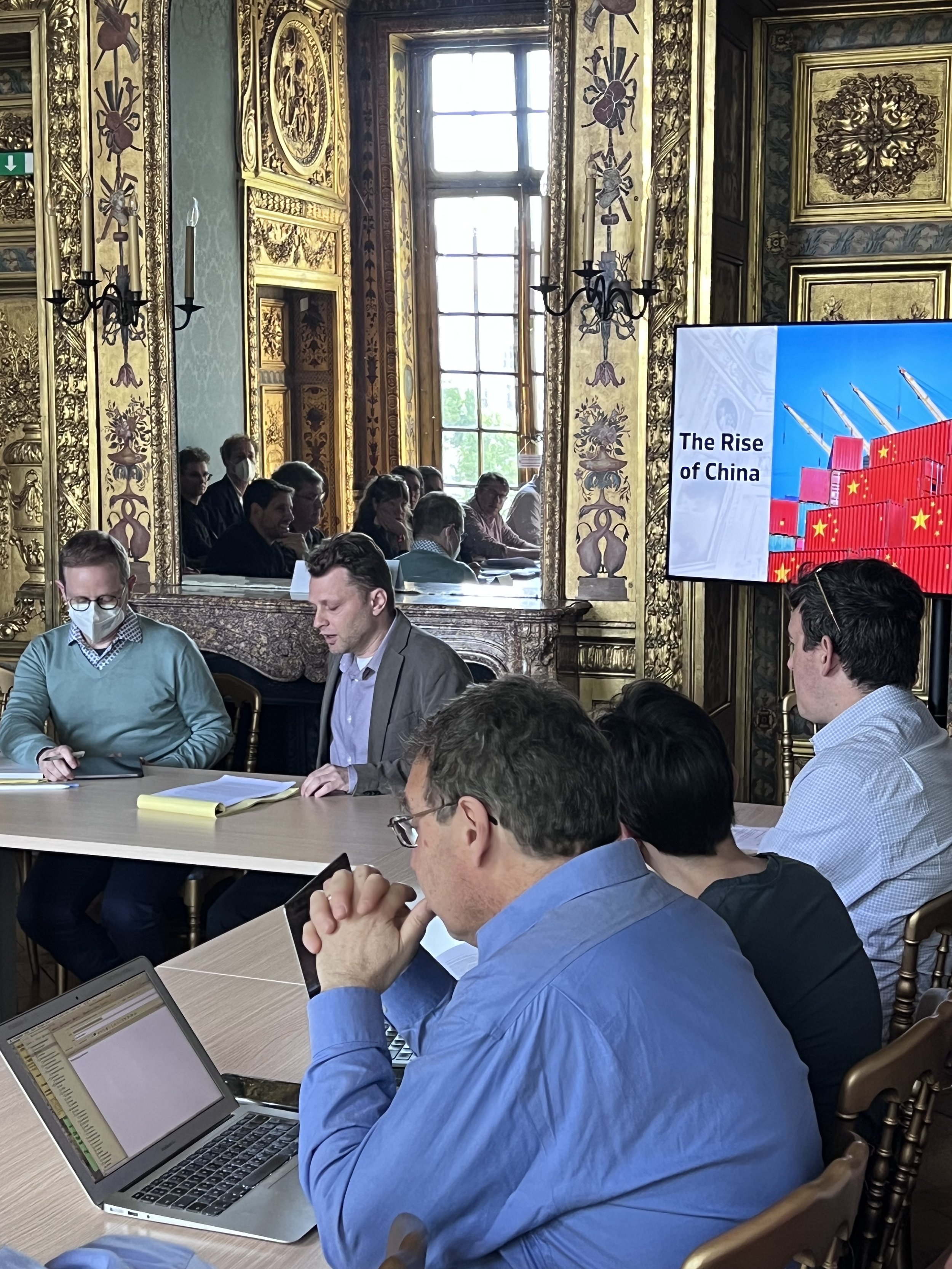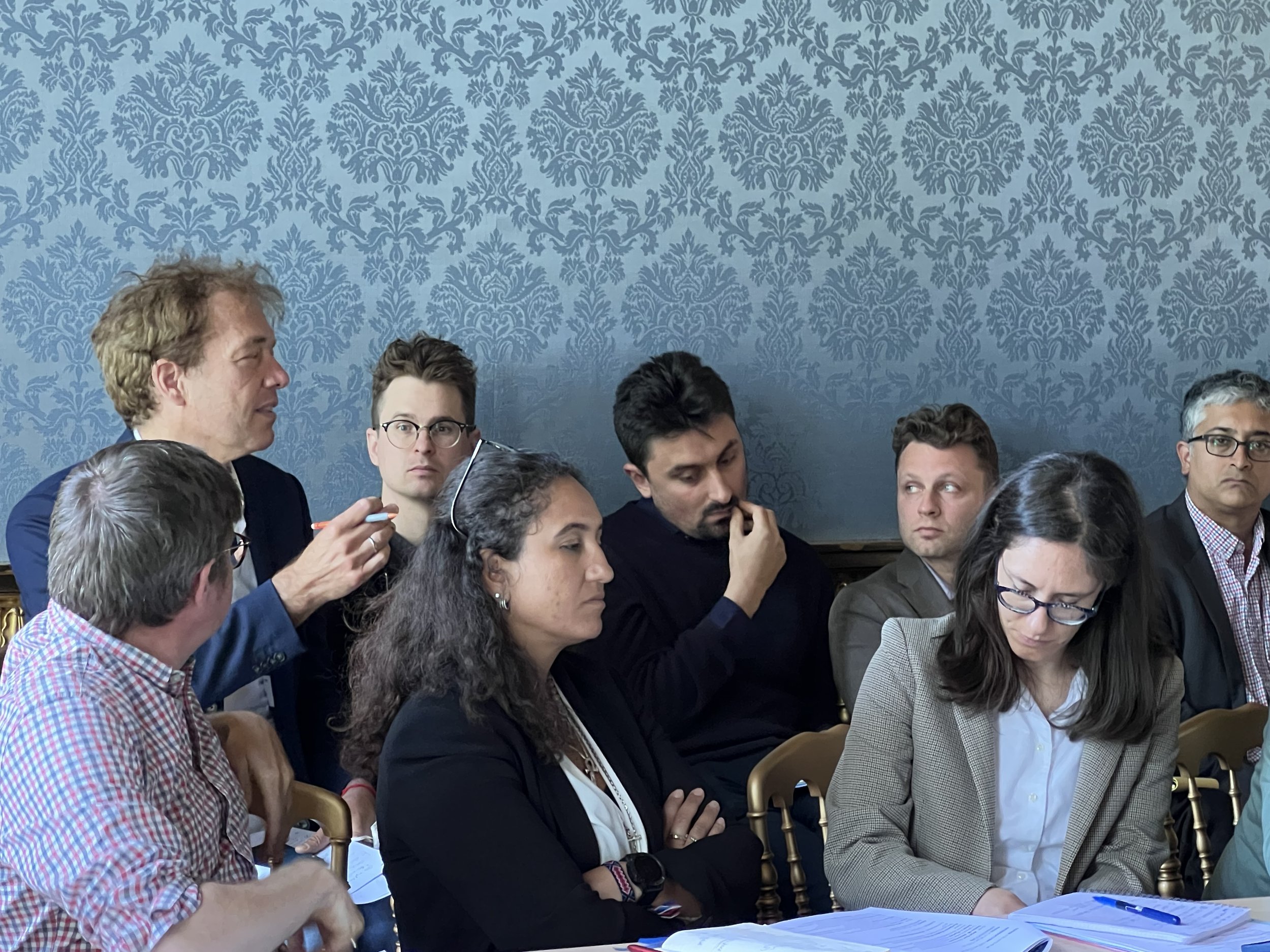UPEL Conference 2023
The American Developmental State
The Origins of American Capitalism in Comparative Perspective
Symposium in Paris, May 25-26, 2023
Full Program
Keynote Roundtable: “Beyond Neoliberalism: Rethinking the Role of the State in a New Global Age” with Gary Gerstle (Cambridge University), Thomas Piketty (EHESS), Felicia Wong (Roosevelt Institute)
Organized by Noam Maggor (Queen Mary University of London & IEA Paris), Sofia Valeonti (American University of Paris), Nicolas Barreyre (EHESS), Ariel Ron (Southern Methodist University)
With support from: the Institute for Advanced Studies in Paris, École des Hautes Études en Sciences Sociales (and the research center Mondes Américains), Université Paris 3 Sorbonne Nouvelle, the American University of Paris (and the Center for Critical Democracy Studies), Mellon Fund at Cambridge University, Université Paris 1 Panthéon Sorbonne (and the research center Phare), Southern Methodist University.
How can we best account for the historical trajectory of American capitalism over the “long” nineteenth century? With this conference we aim to deploy the idea of an “American developmental state” as a lens for investigating the formative years of US capitalism. Now is an opportune moment to reconsider the role of government in US economic history. Policymakers in Washington and elsewhere are launching bold new experiments with industrial policy. The tenets of the “Washington Consensus” are fast falling out of favor politically and ideologically. Scholars and journalists are observing the decline of “neoliberal globalization” and a “homecoming” of supply chains. Activists, workers, and citizens are clamoring for greater government involvement in securing a sustainable and fair future. Historians are well positioned to contribute to this conversation, which has been hampered by incomplete understanding of how American institutions first emerged and formed.
The discussion among historians of the United States is similarly ripe for this line of inquiry. Americanists have spent much of the last two decades debunking the myth of the “weak” American state. Long viewed as feeble or altogether absent prior to the mid-twentieth century, the new consensus is that the American state has always been ‘powerful, capacious, tenacious, interventionist, and redistributive’ (William Novak). At the same time, historians of American slavery and indigenous dispossession have shown that state-backed violence is essential to understanding the country’s economic trajectory. Whether these facets of US history all cohere in a single developmental project or whether they evidence multiple, competing developmental visions, is one question we propose to engage. More broadly, we wish to ask how state power was oriented toward shaping and governing economic life.
Crucially, the developmental-state framework positions the US in a comparative light, bringing renewed focus to a very fundamental set of issues: What made the US like or unlike other young settler societies around the globe, and, more generally, other industrializing nations? How could we best characterize the relationships between state and private actors in the US, on the federal level and on the level of the states? What have been the social alignments, coalitions, and confrontations that shaped and reshaped American institutions over time? How is it that the US—long associated with liberal markets—inspired figures such as Alexander Hamilton and Friedrich List to theorize key developmental approaches and policies? Given the privileged place of the US as a model for policy formation around the world, the implications of this research agenda could be profound, destabilizing longstanding assumptions across the social sciences – in economics, political science, and comparative political economy – about the sources and standards of economic “success.”










